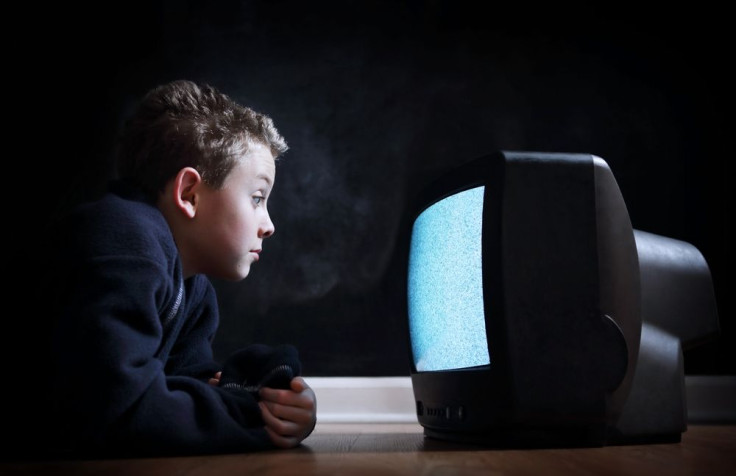Digital Devices Like Smartphones, TVs, And Tablets Are Destroying Children’s Face-To-Face Social Skills

Due to the advent of electronic devices, such as smartphones and tablets, the amount of time children spend staring at a screen rather than communicating face-to-face with other people has varied greatly. A recent study conducted at the University of California, Los Angeles’ Department of Psychology has revealed that even though the use of digital media has destroyed children’s social skills by hindering face-to-face interactions, five days without any electronic devices can significantly improve a child’s ability to identify another person’s feelings.
“Many people are looking at the benefits of digital media in education, and not many are looking at the costs,” said Patricia Greenfield, lead researcher and professor of psychology at UCLA, in a statement. “Decreased sensitivity to emotional cues — losing the ability to understand the emotions of other people — is one of the costs. The displacement of in-person social interaction by screen interaction seems to be reducing social skills.”
Greenfield and her colleagues recruited 51 sixth-graders from a Southern California public school to spend five days at the Pali Institute, a nature and science camp that does not permit the use of electronic devices. The research team gauged each student’s ability to identify other peoples' emotions when they got to the camp and when they left. Campers were shown 48 pictures of people with a happy, sad, angry, or scared expression and asked to categorize each feeling. They were also a shown a video and were asked to identify what the actors were feeling during certain social situations.
The results of the first 51 campers were compared to a second group that did not attend the Pali Institute. After tracking the amount of errors campers made while attempting to identify the emotions displayed in each photo and video, the psychologists found that campers made an average of 14.02 errors when identifying emotions at the beginning of the study compared to 9.41 errors at the end. Sixth-graders who didn't spend five days away from their devices showed no perceivable changes in the amount of errors.
“You can’t learn nonverbal emotional cues from a screen in the way you can learn it from face-to-face communication,” said Yalda Uhls, senior researcher at the UCLA Children’s Digital Media Center. “If you’re not practicing face-to-face communication, you could be losing important social skills. We are social creatures. We need device-free time.”
Campers and non-campers participating in this study reported spending an average of four-and-a-half hours a day watching TV or playing video games; however, some national averages indicate that American children spend more time buried in their electronic devices. Seeing as five days without the use of a smartphone, tablet, or TV significantly improved the social skills of these sixth-graders, researchers concluded that all is not lost for children in this digital era.
“We’ve shown a model of what more face-to-face interaction can do,” Greenfield added. “Social interaction is needed to develop skills in understanding the emotions of other people.”
Source: Uhls Y, Greenfield P, Zgourou E, et al. Five days at outdoor education camp without screens improves preteen skills with nonverbal emotion cues. Computers in Human Behavior. 2014.



























